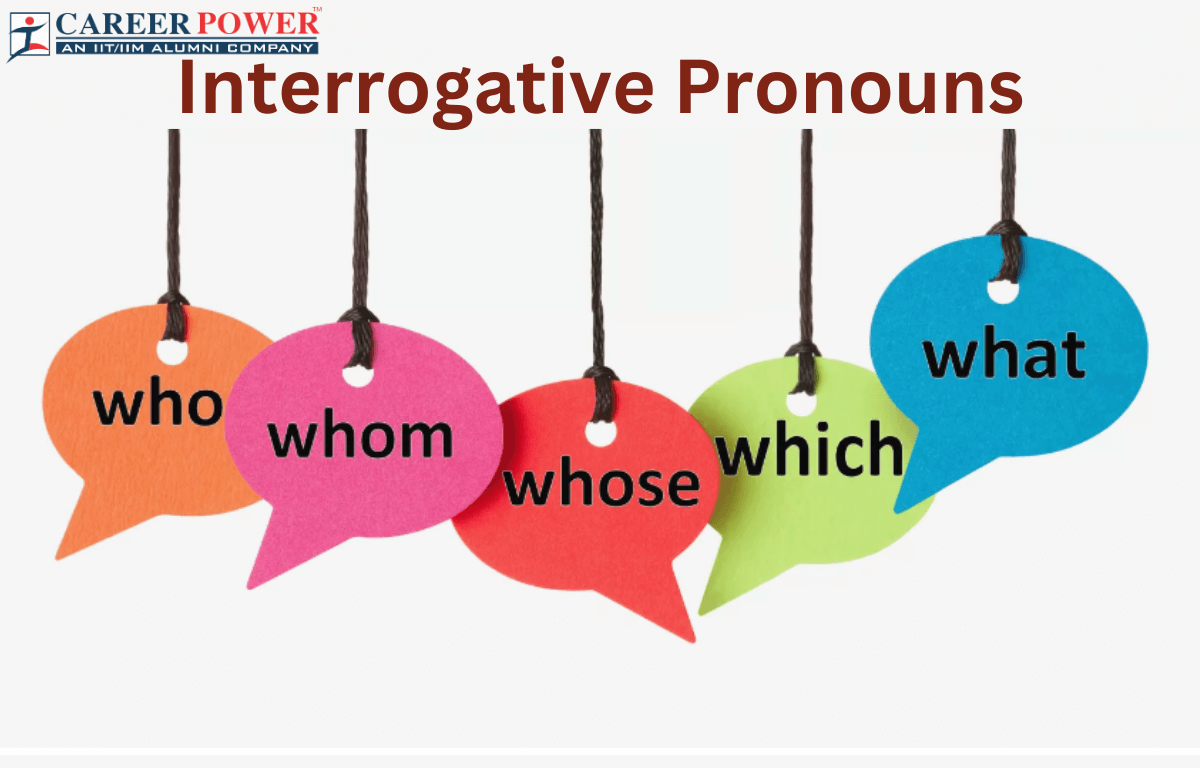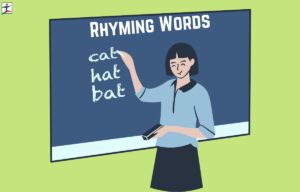Interrogative Pronouns Definition and Examples: As Human Beings, we all have the curiosity to know or confirm certain things by asking questions. As the name suggests, Interrogative pronouns are those that replace or are used in place of nouns in the form of questions. It refers to someone or something that has been already referred to. In this article, for a better understanding of the interrogative pronouns, we have provided the complete definition with more examples.
What are Interrogative pronouns?
Interrogative pronouns are pronouns that are used to ask a question and refer to someone or something that has been referred to. Some examples of interrogative pronouns are who, whom, which, what, and whose are the common 5 interrogative pronouns in English Grammar. Similar to other pronouns, interrogative pronouns are said to have an ‘antecedent’. The same antecedent of an interrogative pronoun is the answer to the question.
Definition of Interrogative pronouns
According to the Cambridge Dictionary, ‘interrogative pronouns are defined as interrogative words that are used in sentences when asking a question.’ According to the Merriam-Webster Dictionary, interrogative words such as who, what and which are used in asking questions are termed interrogative pronouns.
Examples of Interrogative Pronouns
The most common examples of interrogative pronouns are who, whom, whose, what, and which. Less commonly, longer forms of these words ending in -ever are also used which are called as compound interrogative pronouns. Examples of whoever, whomever, whomsoever, whatever, and whichever.
Examples – Compound interrogative pronouns
- Whatever do you mean?
- Whomsoever could this book belong to?
Who and Whom
Both interrogative pronouns are used to ask a question where the answer is supposed to be a person. Who is used for the subject, and ‘whom’ is used to refer object in a part of speech.
Examples:
- Who is this person?
- Who will win the tournament?
- To whom did you give the pen?
- Who did the manager suspend?
Whose
The word whose is used to address questions regarding possessions, ownership or relationships.
Examples:
- I found this pen. Whose is this?
- There are bags left beside the door. Whose are they?
- Look at the bungalow over there. Whose it is?
What
What addresses the question that is asked to denote a non-living object or abstract nouns.
Examples:
- What is the name of that flower?
- What is affection?
- What steps they are going to take?
Which
This interrogative pronoun is asked to answer or address any non-living object or subject.
Examples:
- Which of these books you want?
- We can plan a trip to Goa or Bangalore? Which of these sounds more fun?
- Which is your favourite Hollywood pop song?
Uses of Interrogative Pronouns
Interrogative pronouns are used to ask questions. They stand in for the information being sought. Here are the main interrogative pronouns and their uses. Each of these pronouns helps to specify the type of information the speaker is seeking, whether it is about a person, possession, object, thing, or choice.
- Interrogative pronouns are used to ask questions about a person.
- Used to ask about the object of a verb or preposition.
- They are also used to ask questions regarding the possession.
- Used to ask about choices or alternatives.
- Interrogative pronouns are also used to ask about things or information.



 Independence Day Speech in English, 15 A...
Independence Day Speech in English, 15 A...
 50+ Rhyming Words in English List, Check...
50+ Rhyming Words in English List, Check...
 Essay Writing Format for Students in Eng...
Essay Writing Format for Students in Eng...













